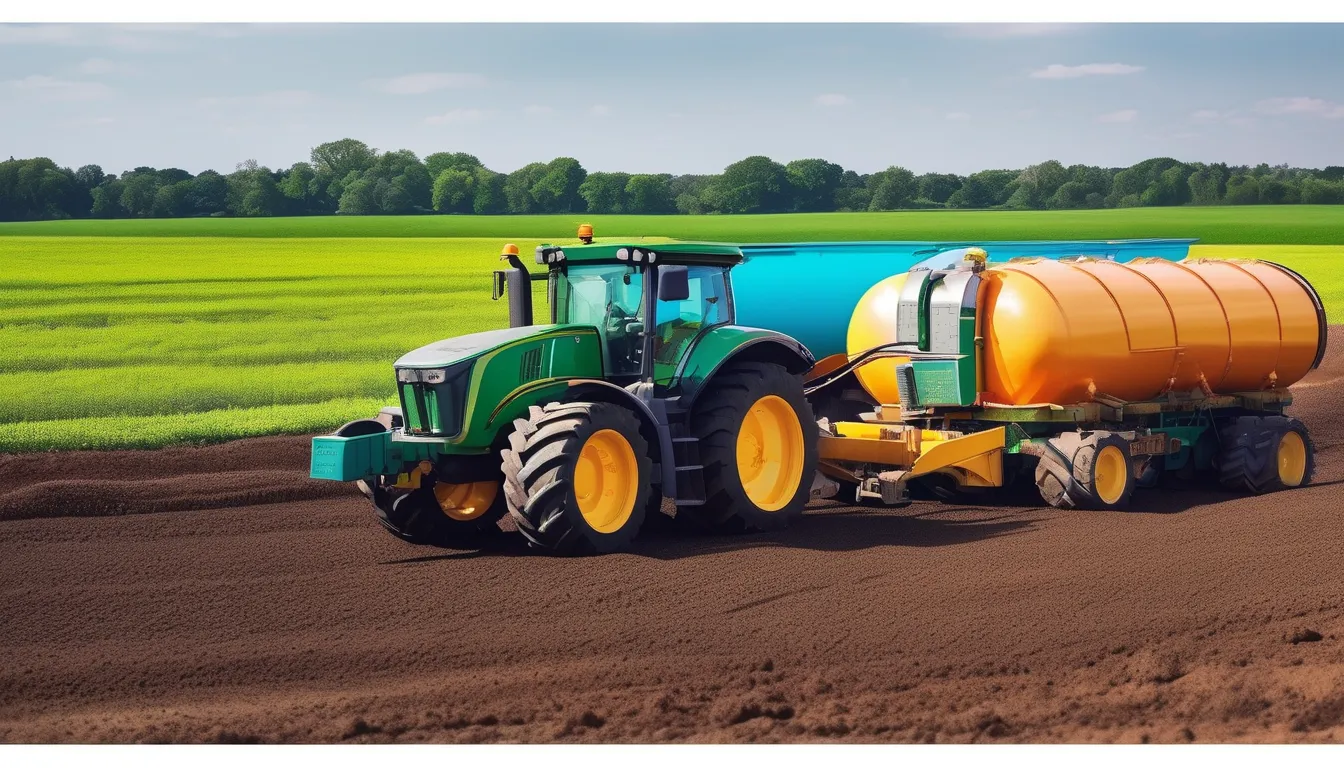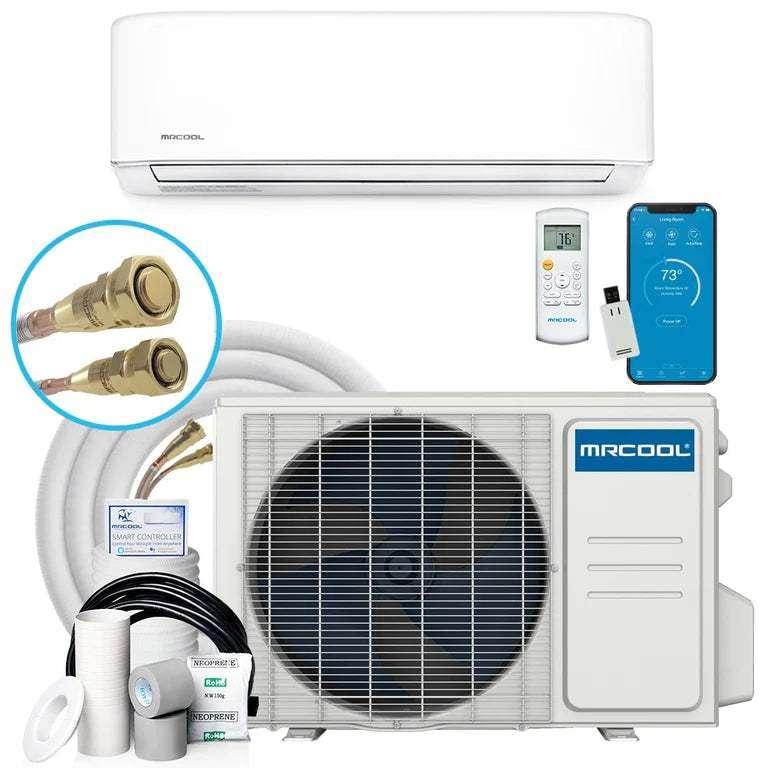When you’re sourcing seeds from legumes suppliers, you’re not just picking a product; you’re investing in the foundation of your farming or gardening success. Quality seeds can significantly influence growth, yield, and resilience against diseases, so it’s vital to assess suppliers carefully. You might wonder what specific factors to consider when evaluating them or which legumes could best suit your needs. Understanding these elements can make all the difference in your agricultural endeavors, but it raises questions about how to navigate this complex landscape effectively. Urea Fertilizer for Sale.
Importance of Quality Seeds
When you think about planting legumes, the quality of the seeds you choose can make all the difference in your yield. High-quality seeds are your foundation for a successful crop. They’re bred for traits like disease resistance, vigor, and adaptability to specific climates.
If you start with inferior seeds, you’re likely to face stunted growth, low yields, and increased susceptibility to pests and diseases.
Choosing premium seeds also means you’ll benefit from better germination rates. When seeds germinate consistently, your plants establish themselves more effectively, leading to a healthier crop overall.
Quality seeds can also save you time and effort; with robust plants, you’ll spend less time battling issues that arise from weak or poorly adapted varieties.
Moreover, investing in quality seeds can lead to better flavor and nutritional value in your legumes. Whether you’re growing for personal consumption or market sales, the difference in taste can set your produce apart.
Key Factors in Sourcing
As you embark on the journey of sourcing quality legume seeds, several key factors can significantly influence your success.
First, consider the seed variety that best suits your climate and soil conditions. Different legumes thrive in different environments, so researching local conditions will help you make informed choices.
Next, pay attention to seed certification. Certified seeds ensure quality, as they meet specific standards for purity and germination rates. This can save you time and money in the long run by minimizing crop failure.
Another important factor is the supplier’s reputation. Look for suppliers known for their reliability and quality. Customer reviews and testimonials can provide insight into their products and services.
Additionally, think about the cost, but don’t compromise quality for price. Investing a bit more in high-quality seeds can yield better results and higher yields.
Evaluating Legumes Suppliers
Trustworthiness is essential when evaluating legumes suppliers, as it directly impacts your farming success. Start by researching potential suppliers thoroughly.
Look for reviews and testimonials from other farmers to gauge their reliability. You want to work with someone who consistently delivers high-quality seeds and adheres to ethical practices.
Next, assess their product offerings. A good supplier should provide a variety of legumes that meet your specific needs, whether you’re farming or gardening.
Check for certifications that indicate the seeds are high-quality and disease-free. This ensures you’re investing in seed that will thrive in your soil.
Don’t hesitate to communicate with the suppliers. Ask questions about their sourcing methods, seed treatments, and germination rates.
A reputable supplier will be transparent and willing to share this information with you.
Types of Legumes to Consider
Considering the diverse world of legumes can significantly enhance your farming or gardening efforts. By selecting the right types, you can improve soil fertility, increase biodiversity, and enjoy a variety of nutritious harvests. Here are some legumes you should consider:
| Legume Type | Key Benefits |
|---|---|
| Peas | Great for cool-season gardening; high in protein. |
| Beans | Versatile in cooking; enrich soil with nitrogen. |
| Lentils | Fast-growing; excellent source of fiber and protein. |
| Chickpeas | Drought-resistant; nutritious and can improve soil structure. |
| Soybeans | Rich in protein; essential for crop rotation and soil health. |
These legumes not only provide food but also play a crucial role in sustainable farming practices. By cultivating them, you’ll contribute to a healthier ecosystem while enjoying the fruits of your labor. Take the time to evaluate which legumes align with your goals, and you’ll be on your way to a thriving garden or farm.
Ensuring Optimal Growing Conditions
Creating the right environment for your legumes is crucial to achieving a successful harvest. These plants thrive when you pay attention to their specific needs. To get started, consider the following essential factors:
- Soil Quality: Ensure your soil is well-draining and rich in organic matter. Legumes prefer slightly acidic to neutral pH levels.
- Sunlight: Most legumes need full sun, so choose a location that gets at least six to eight hours of direct sunlight daily.
- Watering: While legumes are drought-tolerant, they still need consistent moisture, especially during the germination and flowering stages.
Once you’ve established these conditions, keep an eye on temperature and humidity. Legumes generally prefer temperatures between 70°F and 85°F for optimal growth.
If you’re in a cooler climate, consider starting seeds indoors or using row covers to retain warmth.
Remember to rotate crops annually to maintain soil health and prevent disease.
Conclusion
In conclusion, sourcing high-quality legume seeds is essential for your farming and gardening success. By prioritizing reputable suppliers and understanding key factors in seed selection, you can ensure robust growth and bountiful yields. Remember to evaluate the types of legumes that best suit your local conditions and always keep optimal growing conditions in mind. Investing in quality seeds not only supports your crops but also contributes to sustainable agricultural practices for the future.






